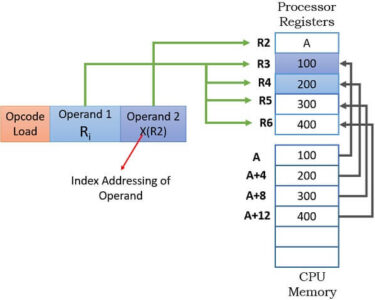Beware of Email Scam Requesting Credit Card Verification Code
Introduction:
Online scams are becoming increasingly sophisticated, and one common tactic is phishing emails that attempt to trick you into revealing your sensitive personal and financial information. One particular type of phishing scam involves requests for your credit card verification code (CVV).
What is a CVV?
A CVV is a three- or four-digit security code printed on the back of your credit or debit card. It serves as an additional layer of protection to prevent unauthorized use of your card online.
The Scam:
Phishing emails that request your CVV often appear legitimate, claiming to come from trusted sources such as your bank or a reputable company. They may contain alarming messages or urgent calls to action, such as:
- Your account has been compromised and you need to verify your identity.
- There has been suspicious activity on your card and your CVV is required to prevent fraud.
- You have received a refund or prize and need to provide your CVV to claim it.
How to Spot the Scam:
There are several telltale signs that an email requesting your CVV is a scam:
- Suspicious email address: The sender’s email address may not match the official domain name of the company it claims to represent.
- Poor grammar and spelling: Legitimate emails from banks and businesses generally have high standards of writing.
- Generic greetings: Scammers often use generic greetings like "Dear Customer" or "Dear Valued Member" instead of your actual name.
- Urgent tone: Scammers try to create a sense of urgency to pressure you into revealing your information quickly.
- Unusual attachments or links: Be wary of any emails that contain unexpected attachments or links. These may contain malware or lead to phishing websites.
What to Do:
If you receive an email requesting your CVV, do the following:
- Do not respond or click on any links.
- Contact the company directly: Call the customer service number listed on the official website of the company that sent the email. Inform them about the suspicious email.
- Report the scam: Report the email to the Anti-Phishing Working Group (APWG) at reportphishing@apwg.org.
- Monitor your credit reports: Scammers may attempt to use your CVV for fraudulent purchases. Regularly check your credit reports for any unauthorized activity.
Conclusion:
Protecting your personal and financial information online is crucial. Never reveal your CVV or other sensitive information via email. If you are ever unsure about the legitimacy of an email, contact the company directly to verify. By being vigilant, you can avoid falling victim to these malicious scams.


